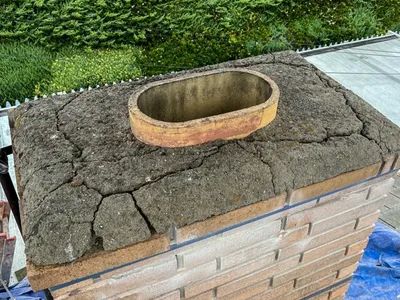(236)867-8830 Licensed, Bonded & Insured
(236)867-8830 Licensed, Bonded & Insured
leaky chimney in Maple Ridge
Maple Ridge chimney repair
Nothing is more destructive to your chimney and fireplace than leaks. Why? It's a very straightforward problem. A leaky chimney will let water access your chimney and cause extensive harm. The area of your chimney that rises above your roof is exposed to a vast amount of elements such as rain, fog, and snow and can damage masonry chimneys, which are constructed from porous and therefore can absorb moisture much more quickly.
If a leaky chimney is not repaired quickly, it is at risk of falling apart , which is when bricks and mortar begin to crumble and break loose; it can harm your roof when they fall.
The moisture can also cause mold and mildew to grow inside your chimney and spread to your attic and walls; if you have noticed dark areas forming around your fireplace, they could be mold.
Here are some other signs you need to be on the lookout for if you suspect your chimney of leaking.
Water is ponding against your chimney's damper or inside your fireplace's smoke shelf or firebox.
Black mold is forming on the outside of your chimney.
Dark water stains or mold are growing on your ceiling and walls around the fireplace.
As previously mentioned, spalling is when bricks or stone become detached on the exterior of your fireplace and is a clear indication of leaks in your chimney.
Masonry Repairs
Just as with brick and stone, a crown can crack and be damaged by water over time. Once a crown develops cracks, water will permeate and will erode the bricks.
When water damage on the outside of your chimney starts to make its way inside your chimney, it could be disastrous. The lack of a chimney liner can cause moisture from your chimney's bricks or stone inside its flue, causing cracks and leaks. We'll make sure to repair any minor damage and then apply a water sealant to your masonry to prevent water intrusion in the futur

Maple Ridge chimney LEAK repair